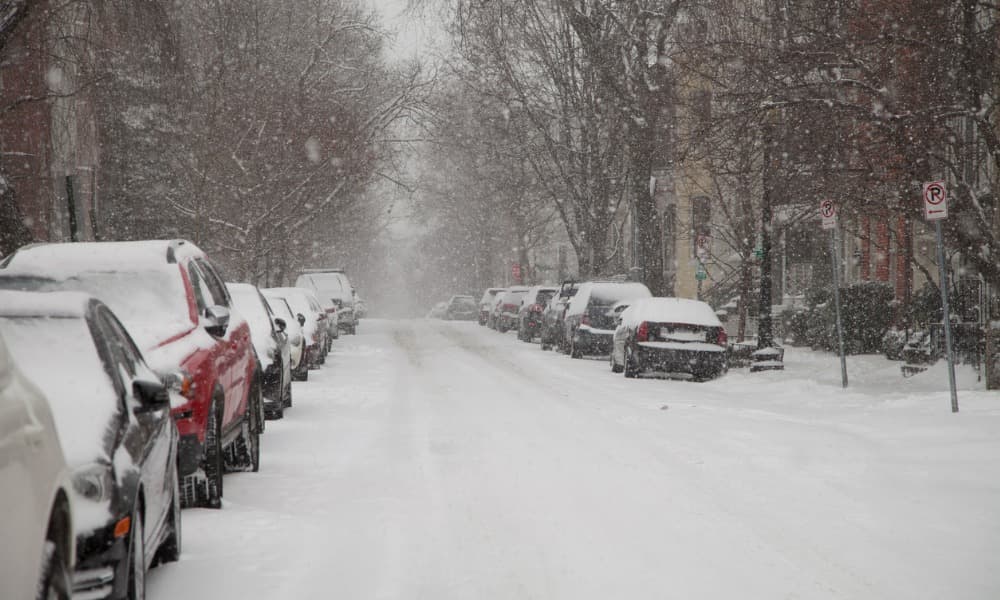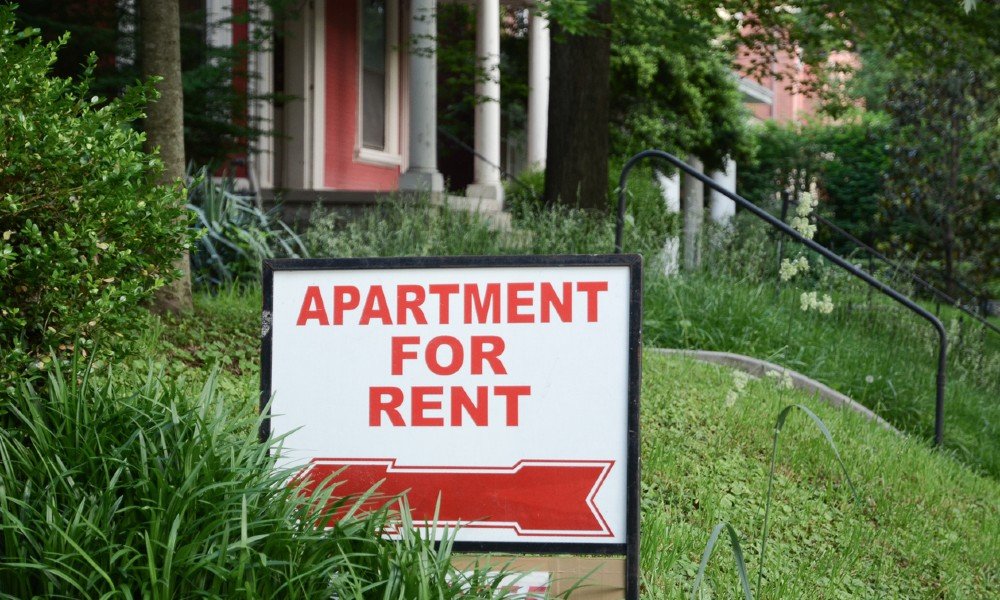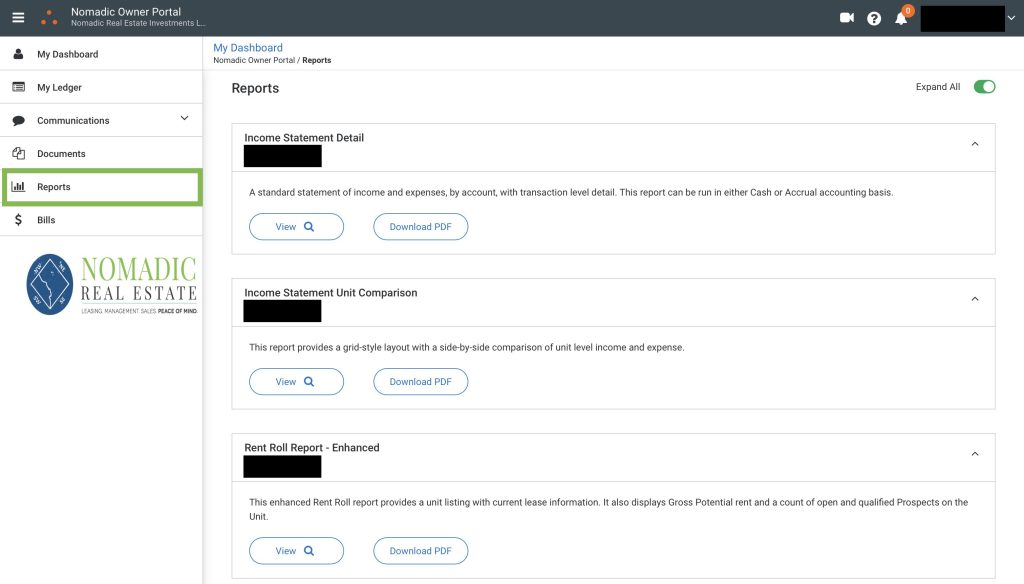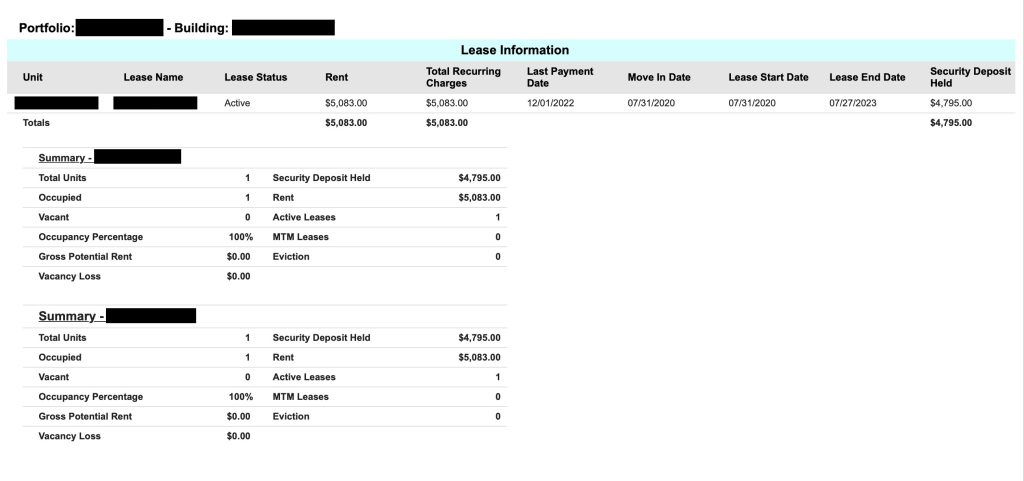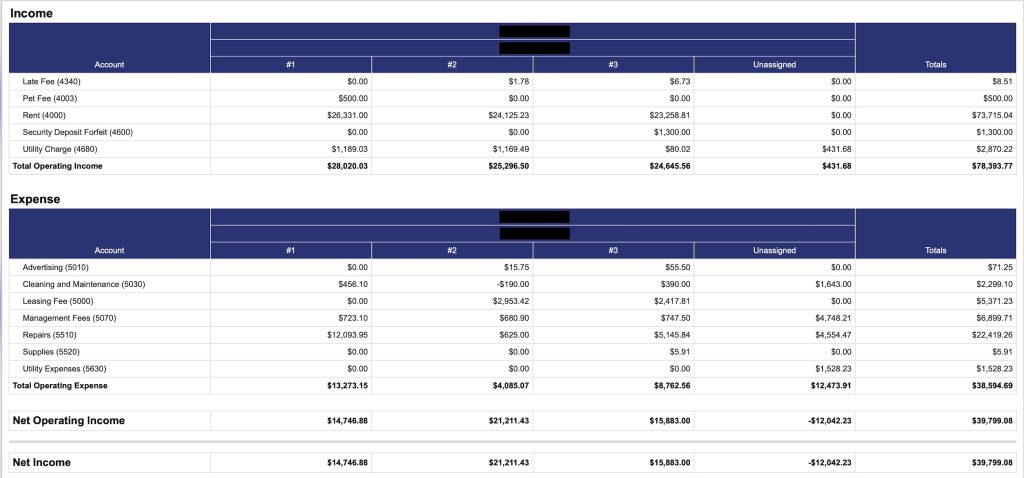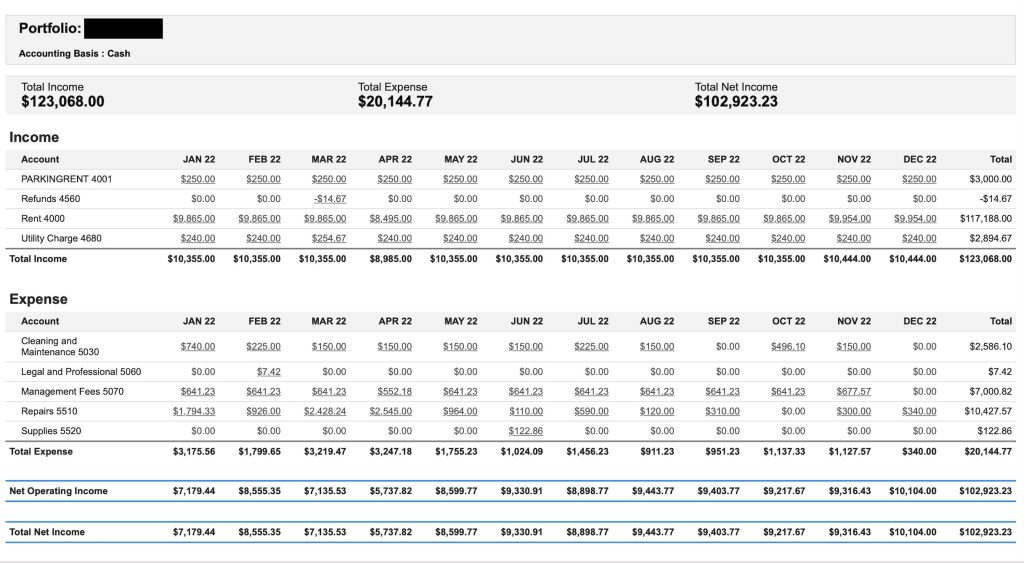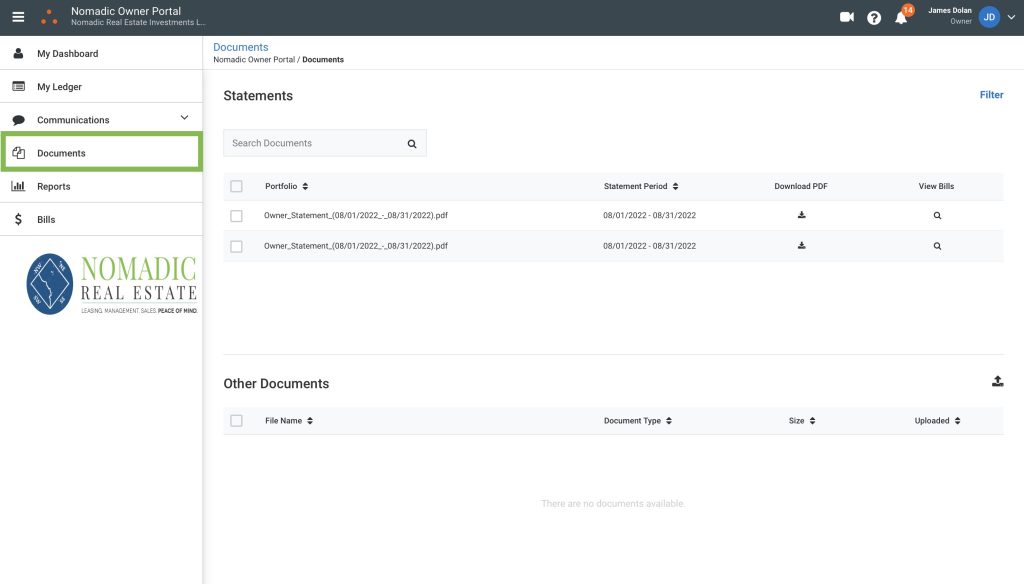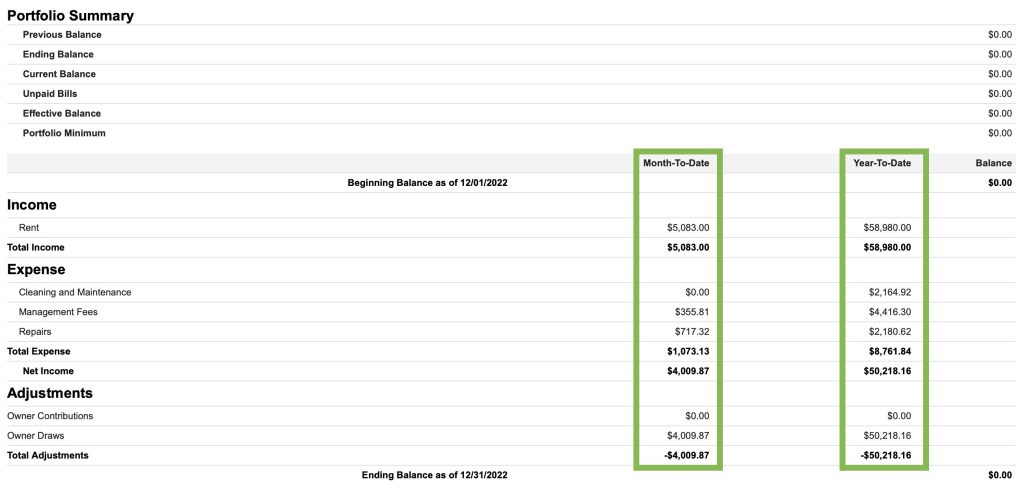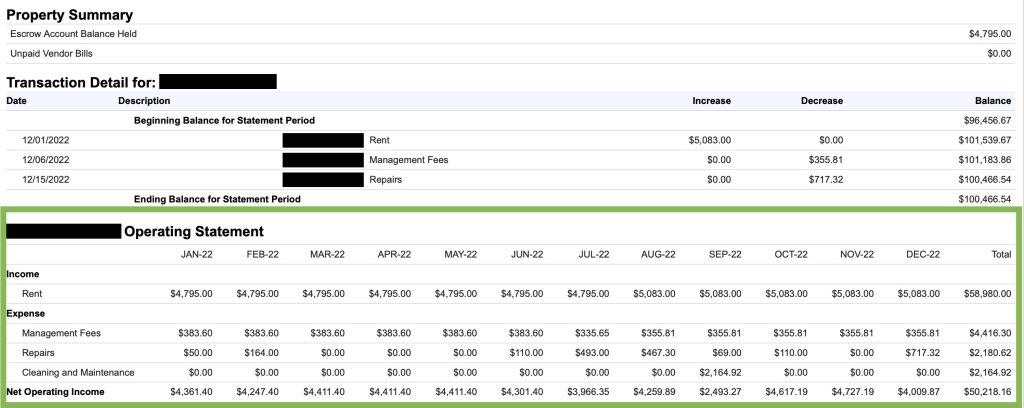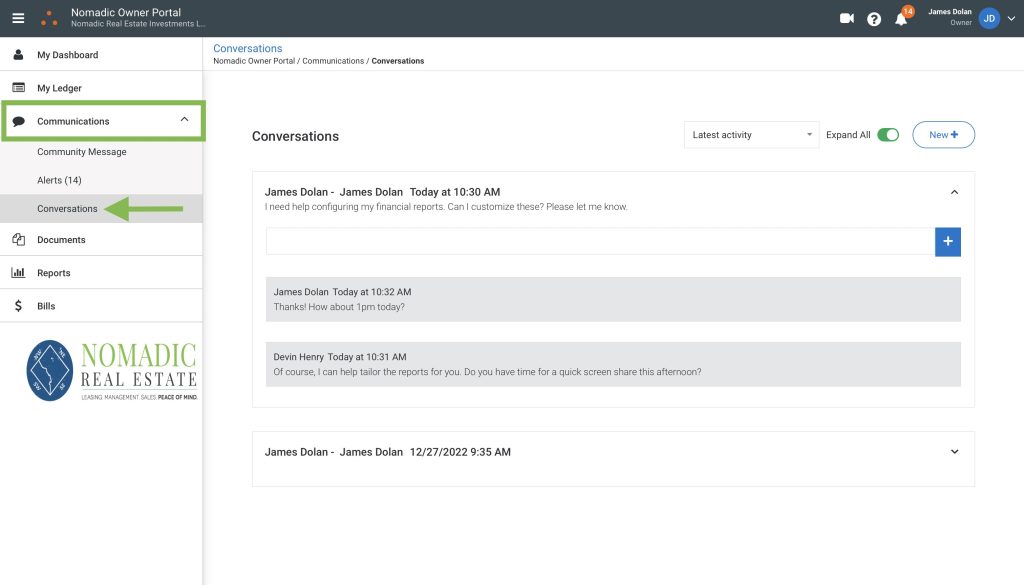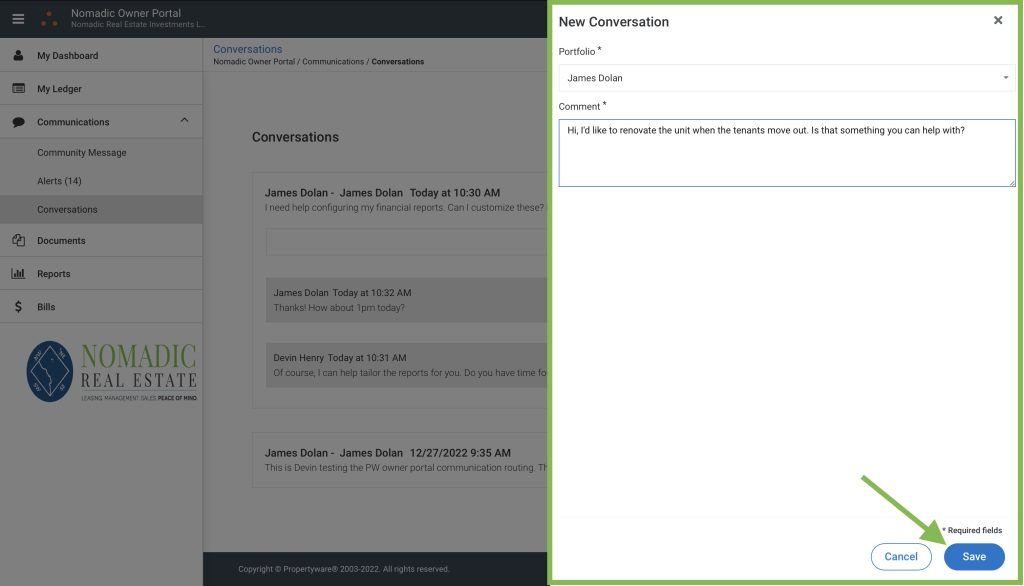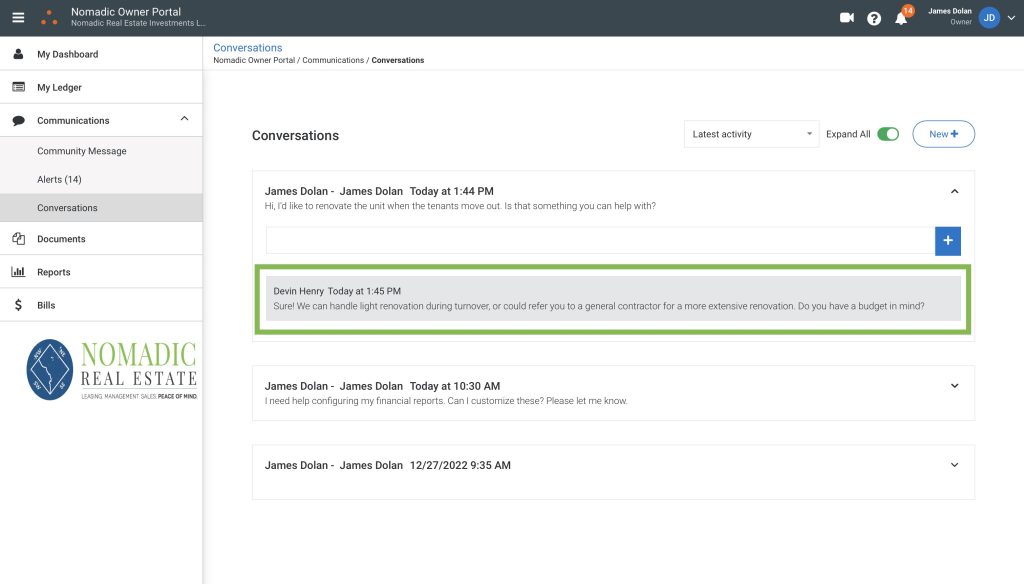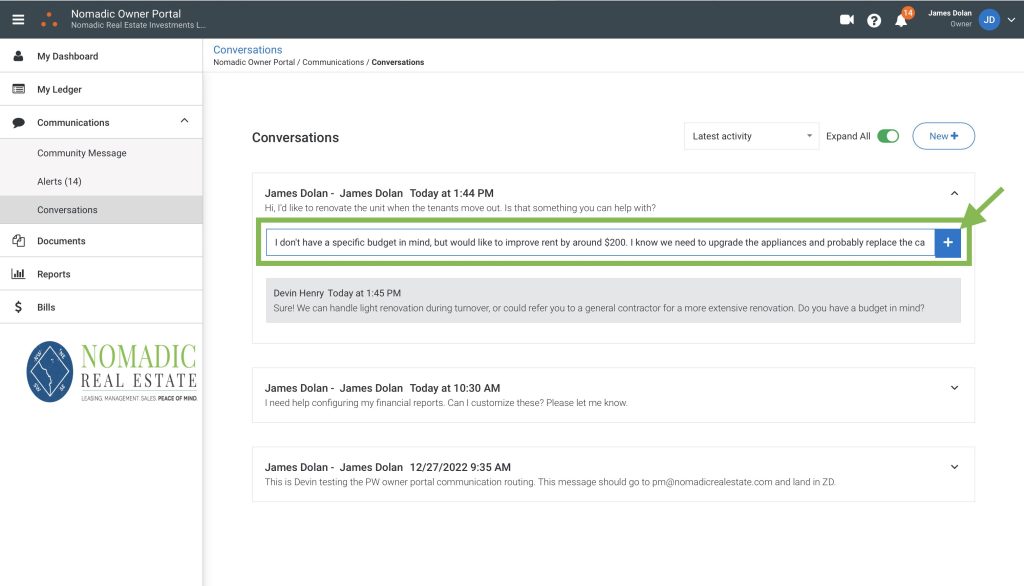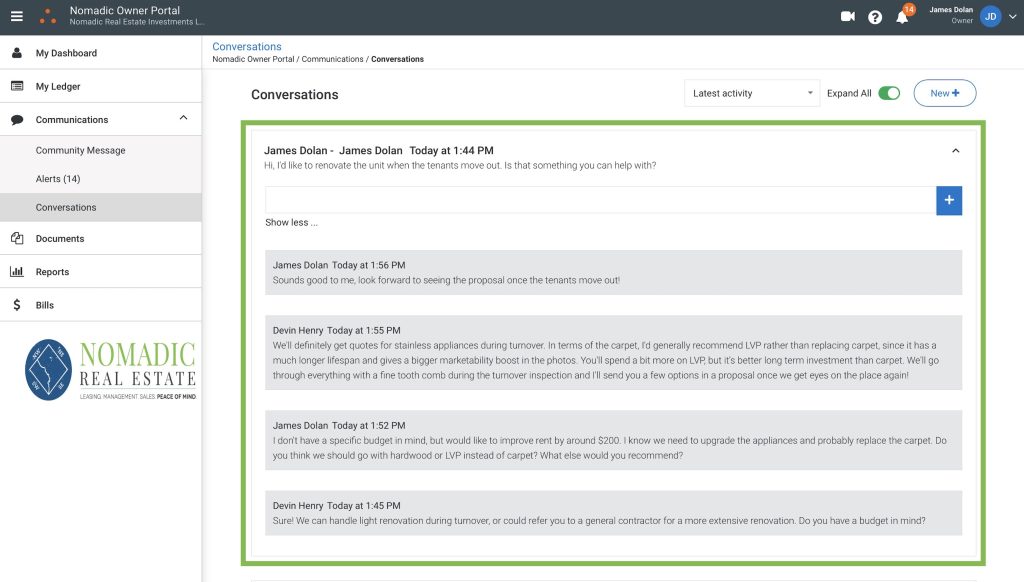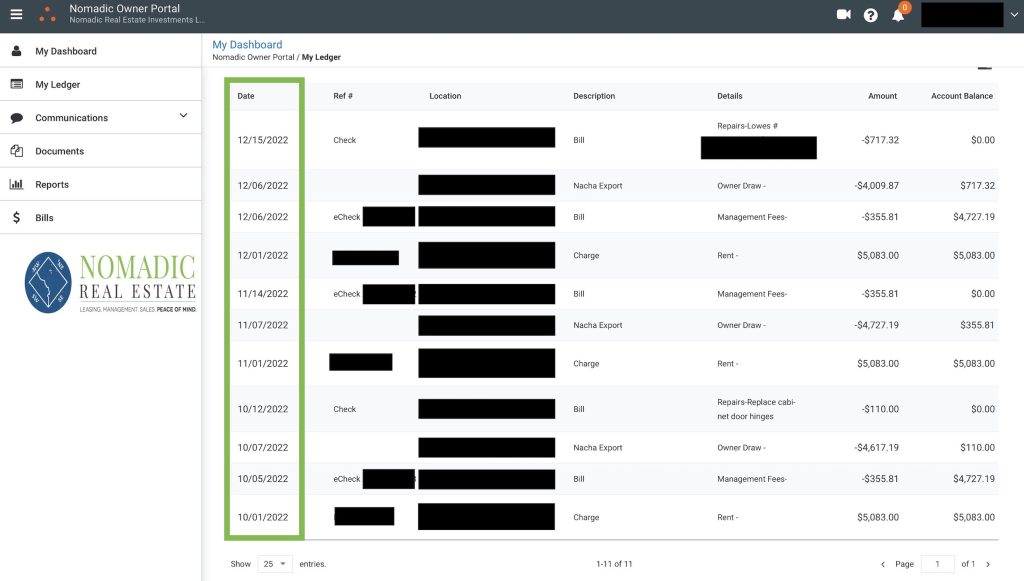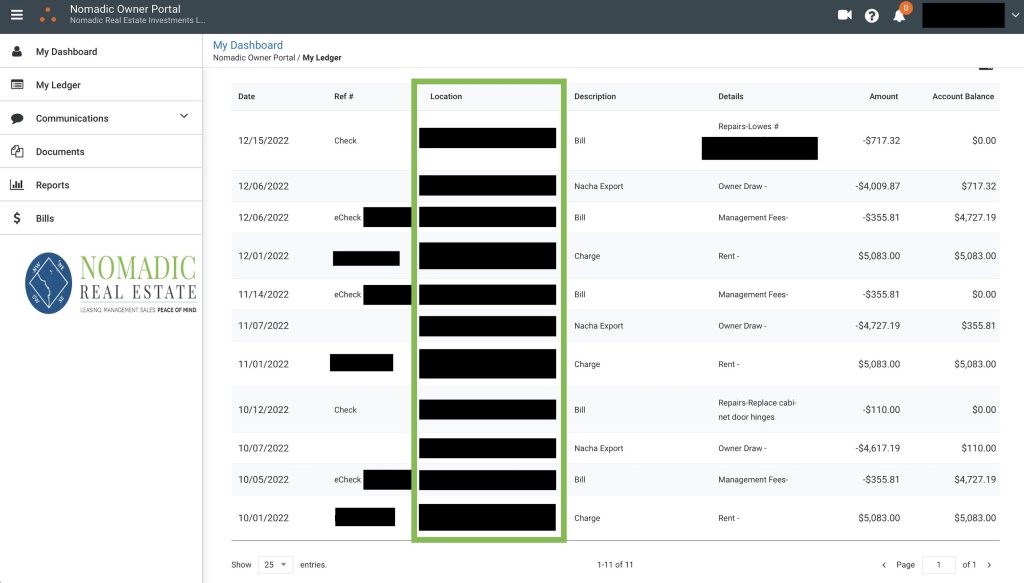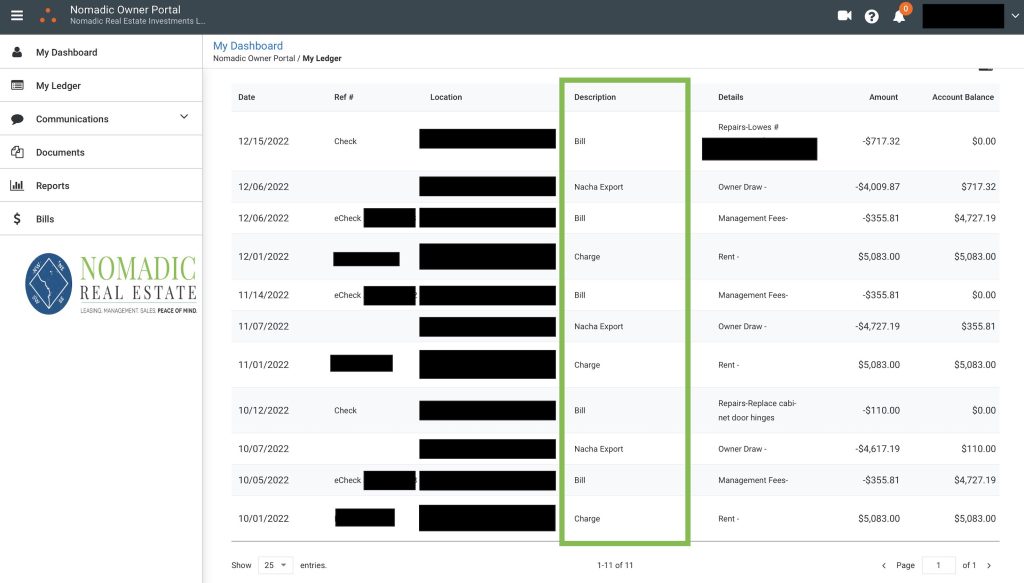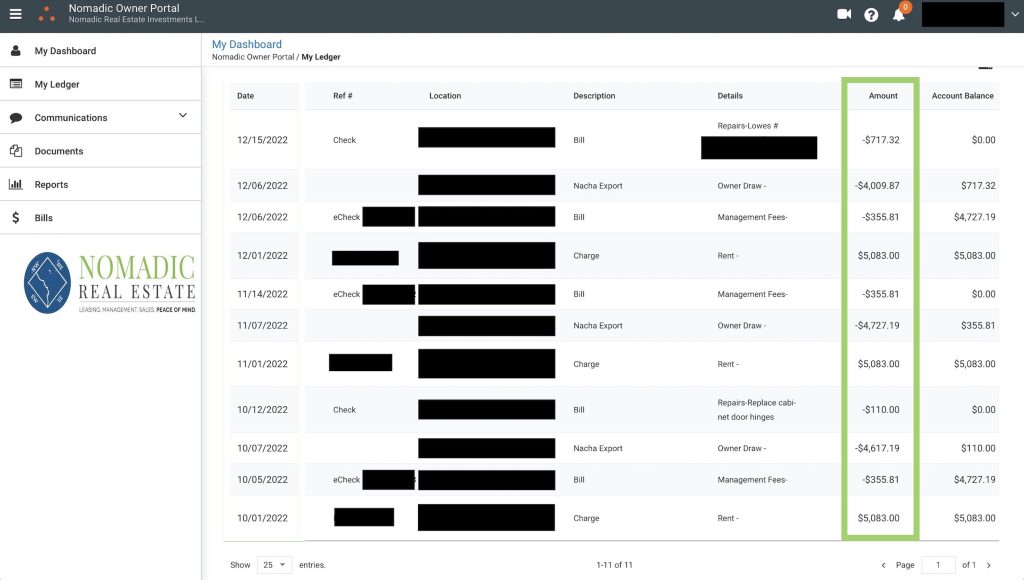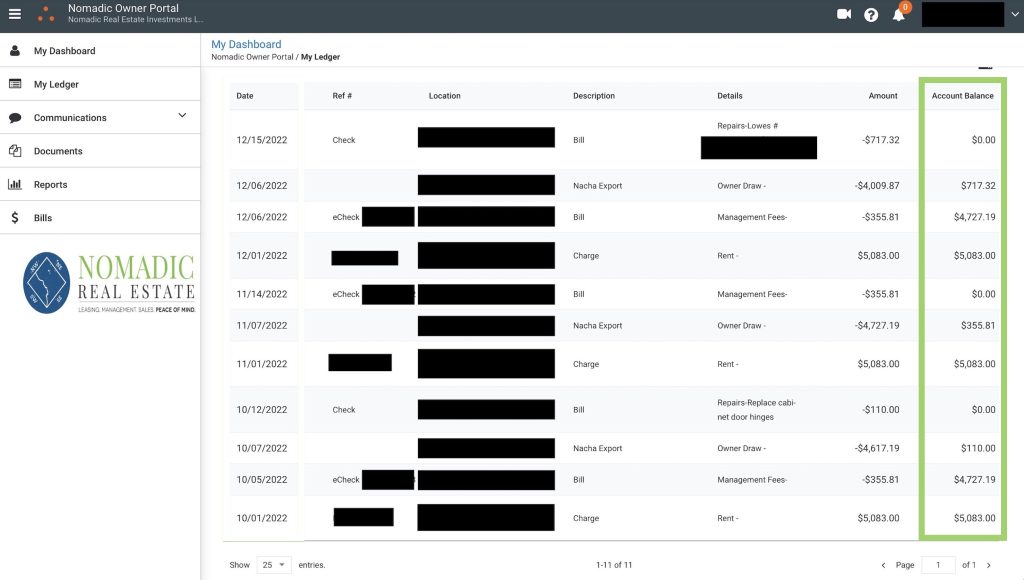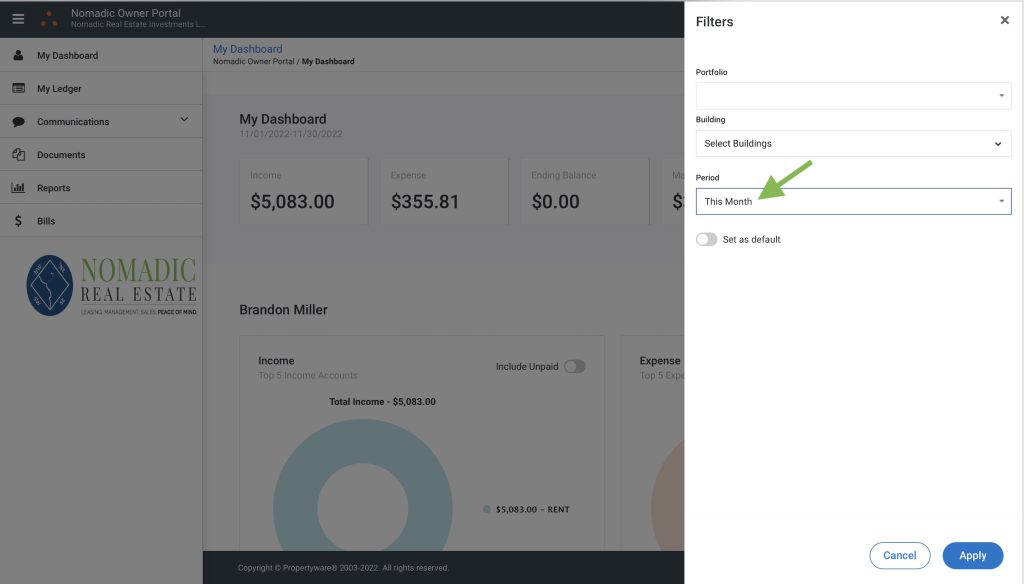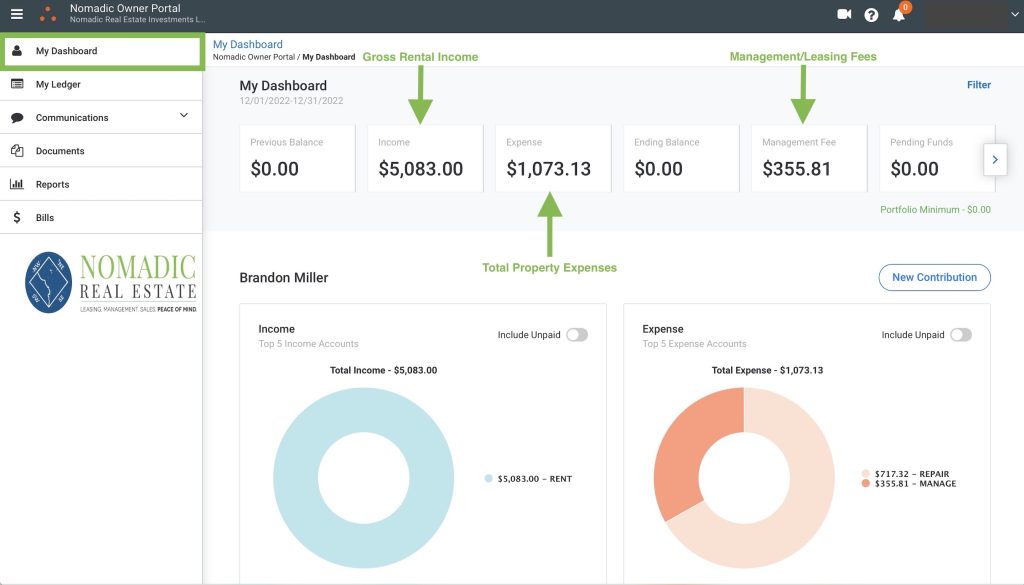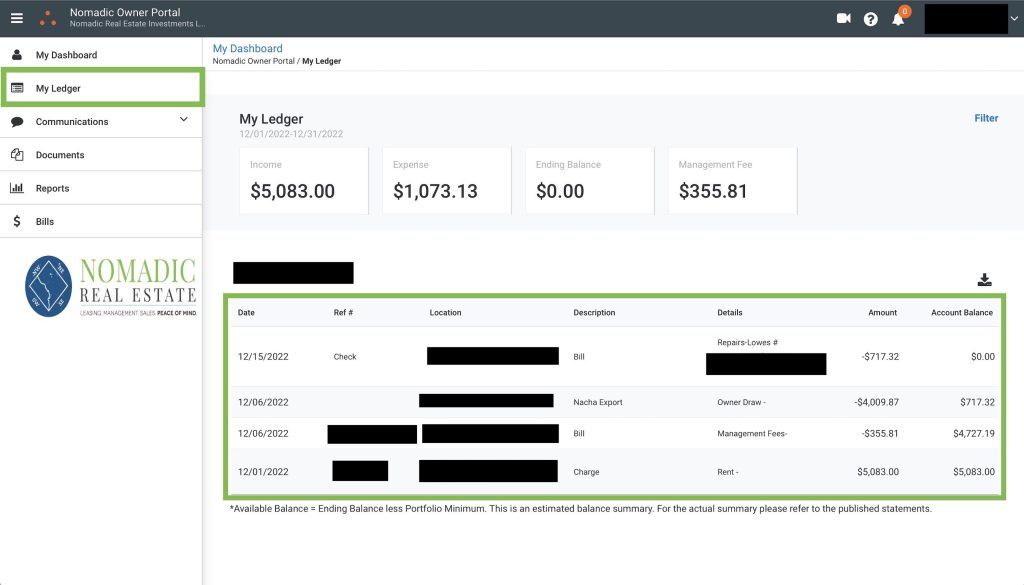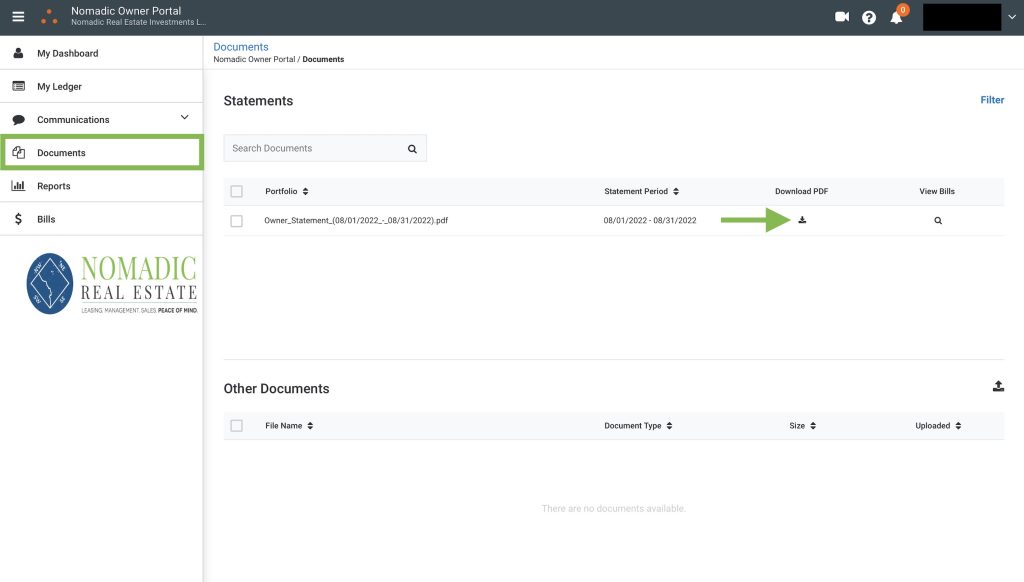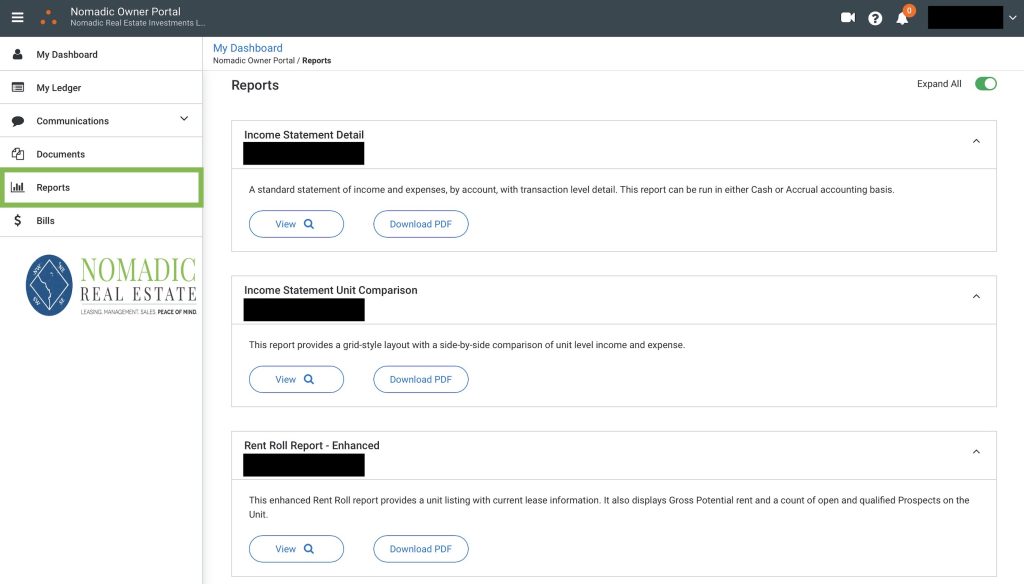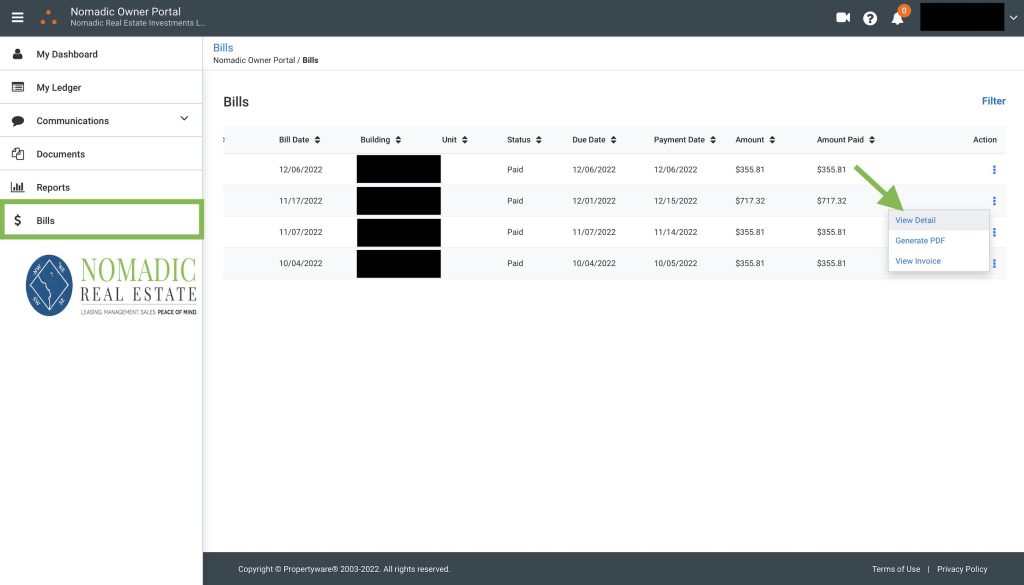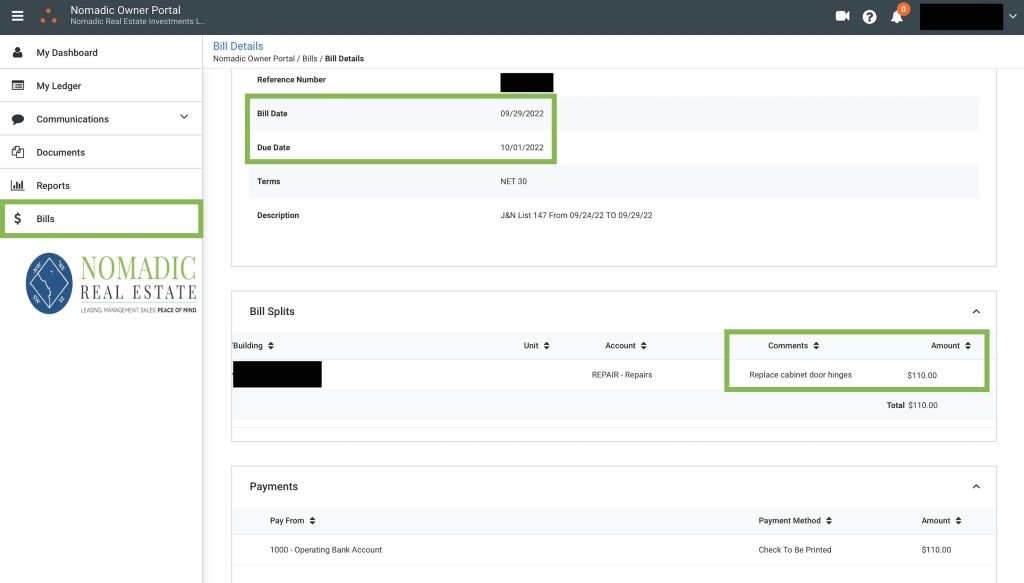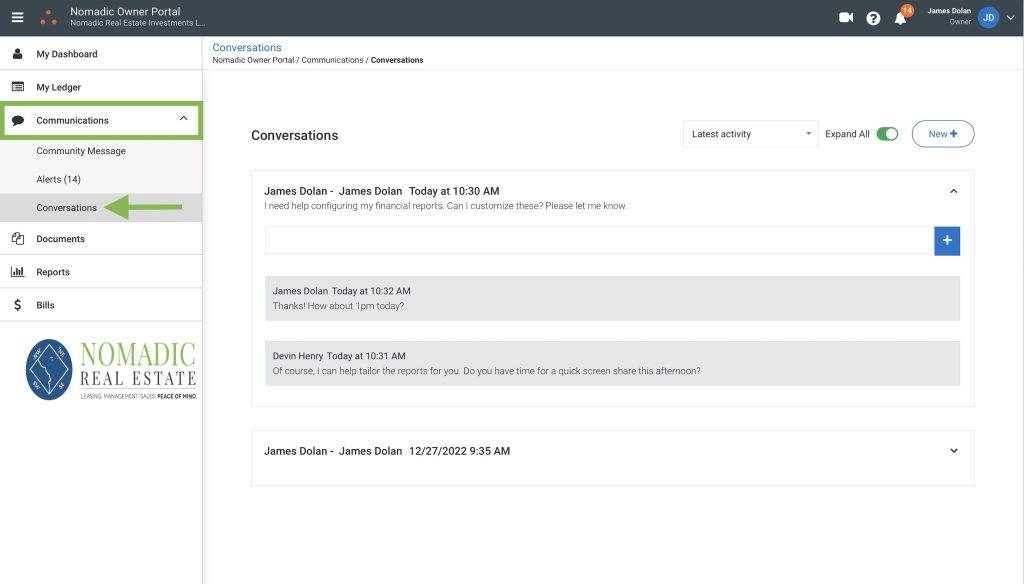Raise your hand if you’d like to be a millionaire. We’re betting every single person reading this has their hand up right now, because who wouldn’t want to be rich? But if you really want to be a millionaire, you’re going to have to find new, creative ways to boost your income.
Some studies have shown that most millionaires have as many as seven sources of income at any given time. One great option for people looking to grow their income is to have income-generating assets, like real estate. Read on to learn about how to turn real estate into an asset that can get you easy money every month.
What Is an Income-Producing Asset?
Before we dive into how you can use real estate as an income-producing asset, let’s talk about what income-generating assets are in the first place. You may know these income sources as passive income. In essence, they’re sources of income that don’t take up a lot of your time.
There is one small difference between passive income and an income-producing asset. Passive income can include non-physical sources, such as revenue from ebooks or stocks, that could vanish if something cataclysmic happened. But an income-producing asset is tangible and won’t disappear even if the stock market were to crash.
Why Build Passive Income?
The big advantage of having income-generating assets is that it allows you to effectively buy time in your day. Each of us is limited to twenty-four hours in which to eat, sleep, work, and play. Most of us spend that time trying to play a giant balancing game with each of those elements, limiting the amount of money we’re able to trade time for.
But with passive income, you can have multiple sources of income going at the same time. This means that without any extra stress on you, you can double your effective work time. Not only can this give you more money, it can also lead to greater life satisfaction as you’ll have more time to spend with your loved ones and on leisure activities.
How You Can Use Real Estate as Passive Income
There are a few ways to use real estate as an income-producing asset. But for most of this article, we’ll focus on renting out a property as a form of passive income.
Although the job is not labor-free, one great way to set up a large passive income flow is to become a landlord. Buy a house somewhere with high rental rates (both in demographics and in price) and rent it out. You’ll need to do occasional maintenance and repairs, but for the most part, you’ll sit back and rake in the cash every month.
Should You Invest in Real Estate?
Investing in real estate can be a great way to earn some extra money, but it isn’t a trivial undertaking. Before you start looking for a house or apartment to buy, you need to make sure it’s the right move for you at that point. For one thing, you really need to be debt-free before you start taking on any additional properties.
If you have other debts you’re trying to pay off, a rental property can become a sinkhole in a hurry, especially if your tenants aren’t on time with rent. Make sure you pay off your credit card bills, your student loans, your primary mortgage, your car payments, and any other debts you have before you buy a second house. It’s also a good idea to have three to six months’ income saved in an emergency fund before you buy, too.
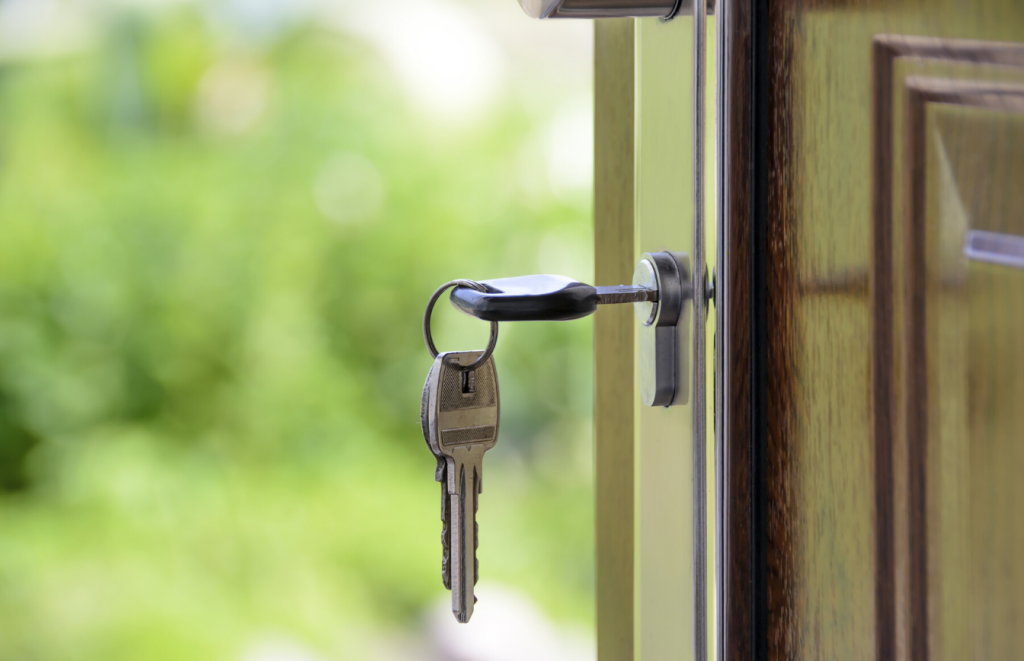
How Much to Spend
Once you’ve decided to buy a rental property, one of the first questions you’re going to need to answer is how much money you want to spend. It may be tempting to go for the fancy apartment in a wealthy neighborhood that you can rent out for a fortune. After all, more value, more income, right?
But if you’re just starting out, you don’t want to risk everything on a major investment. Plan to buy something you can afford to pay cash for, ideally something that’s priced at about 70 percent of its current market value. This will give you some existing equity in the property and make sure you’re maximizing your profits.
Why Buy in D.C.
The next question you’ll need to answer is where you want to buy your rental property. In many cases, people buy property in the same area where their primary residence is. But there may be other markets you can buy in where you can get more for your money, and Washington, D.C. is chief among them.
One of the best reasons to rent a house out in D.C. is that the rental market there is on the rise. Rents saw an increase of about 2 percent last year in D.C. And aside from that, Washington, D.C., is one of the strongest economies in the country, with industries spanning everything from government jobs to tourism businesses.

Near the City
When you’re looking for a place to rent in D.C., you want to look for somewhere near the city. The closer to the city you get, the more city commuters you’ll be able to attract. You’re also likely to get closer to the good schools, something that will be important to Millennial parents looking to find a family home.
Remember as you’re looking at homes in the city to stick within your budget. You want to look for the gems that are within a reasonable distance to the city and in good shape without being glitzy. You don’t need all-new white marble countertops for a home to move; you just need a good, solid home.
Great Public Transit
You should also look for areas that have great public transport options. Many of the people who live in D.C. choose not to drive with all the traffic and the public transport available. So you need to make sure your rental property makes it easy for them to access that transport.
Look for properties that are near subway stops in the city. If you can’t find those, check out bus routes and homes within walking distance of those stops. If nothing turns up in either of those areas, don’t be afraid to wait for the perfect option to come along.
What to Buy
You’ll also need to decide around this point what, exactly, you want to buy as your rental property. Do you want an apartment that you can rent out to a rotating group of students or young adults? Or do you want a home that a family will settle down in for a few years and that you can sell after it appreciates some value?
Whichever route you choose, take a look at the foreclosures around D.C. These usually offer a great opportunity to get decent houses for a great price, especially if you’re willing to do some renovation. But do make sure you get these inspected so you can avoid a money pit that will take all your profits in repair costs.
Pay Cash

As we mentioned earlier, you really want to pay cash for a rental house. It may seem like you could get a mortgage, use the rent to cover that and take the dividends as profit. But this isn’t the smartest way to approach a real estate investment, not least of all because you’ll be on the hook for the mortgage even if your renters don’t pay on time.
But once you have a mortgage, you’ve limited both your profits and your negotiating ability. It’s harder to be competitive with your pricing if you’re trying to turn a profit against a mortgage. If you pay cash, almost all that rent money goes straight back into your pocket.
Work with a Real Estate Agent
Even if you’ve bought a house before, it’s a really good idea to work with a real estate agent on buying your rental property. For one thing, they’ll be able to help you find the best property for the best price. Their full-time job is to scour the markets for good options for you, and they know all the right places to look and all the wrong places you don’t want to buy.
They’ll also be able to give you unique insights into the D.C. area. An experienced real estate agent will be able to pin down the neighborhoods where your ideal renters will want to live and find your options there. They can recommend good school districts and even local attractions for you to put in your rental ad.
Check-in with Tenants
Once you’ve got the property bought and tenants moved in, you may think your job is over and it’s time to sit back and earn your money. But the truth is your job has only begun; being a landlord is a low-effort source of income, but it’s not effort-free. Your tenants should see more of you than just when they sign the lease and when they move out.
Every couple of months, check in with your tenants and make sure there aren’t any issues with the property. Not only will this help you catch any problems early enough to have cheap fixes, it’ll also give you a chance to make sure the property is staying in good shape. And tenants who feel like you care about them will be more likely to pay their rent on time.
Hire a Property Manager
If you don’t have the time to devote to managing your property so closely, it can be an excellent idea to hire a property manager to take care of things for you. This can also work well for people living outside the D.C. area or people who don’t want to spend all that time worrying about their passive income. A property manager will act as your go-between for tenants and maintenance workers.
A good property manager will act as your proxy in all matters dealing with the rental property. They’ll handle maintenance, arrange needed repairs, collect rent, and deal with tenant issues. You pay them a monthly income and you rarely have to lift a finger to make money from your rental property.
Manage Your Income
Once the income is flowing in, it can be tempting to put every cent of it in a savings account labeled “Cabo.” But doing that is more than just a bad investment decision. It could land you in debt over repairs to the rental property.
You need to take a portion of each month’s rent and put it in a savings account dedicated to maintenance. Depending on how long you own the property, you may need to repair or replace the HVAC system, appliances, flooring, paint, and locks. Having a fund set aside for this already will help keep you in the black on that property.
Grow Your Investment
You should also set aside a portion of each rent check to grow your investment. Yes, one rental property is a great way to make extra money. But how much could you make if you had two or three or four, especially if the same property manager handles all of them for you?
Set aside a chunk of each rent check to go towards buying another property. When you have enough saved up to buy one, you can start snowballing the profits from those to buy more properties faster. Soon you’ll be a real estate mogul with enough passive income to live a very comfortable life.
Learn More About Income-Generating Assets
If you’re looking for ways to grow your income, having some income-generating assets is a great way to do it. And buying real estate in the D.C. area to rent out can be a fantastic way to get started on your journey to being a millionaire. Shop smart, stay frugal, and hire a good property manager and you’ll come out way ahead.
If you’d like to get your own property in the D.C. area, check out the rest of our site at Nomadic Real Estate. We can help you with leasing, management, sales, and peace of mind. Contact us today to start finding the perfect rental house for you.



